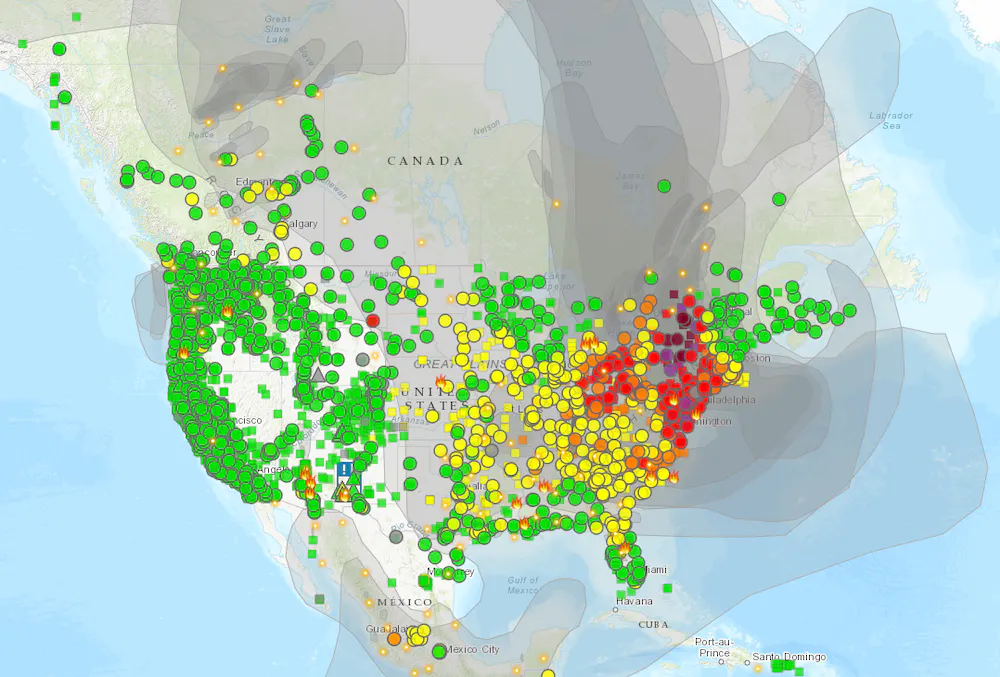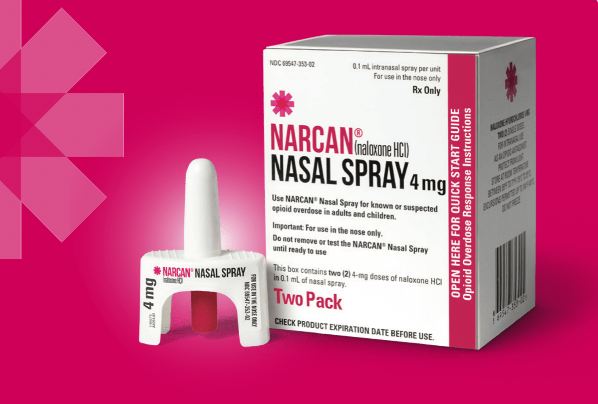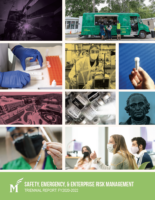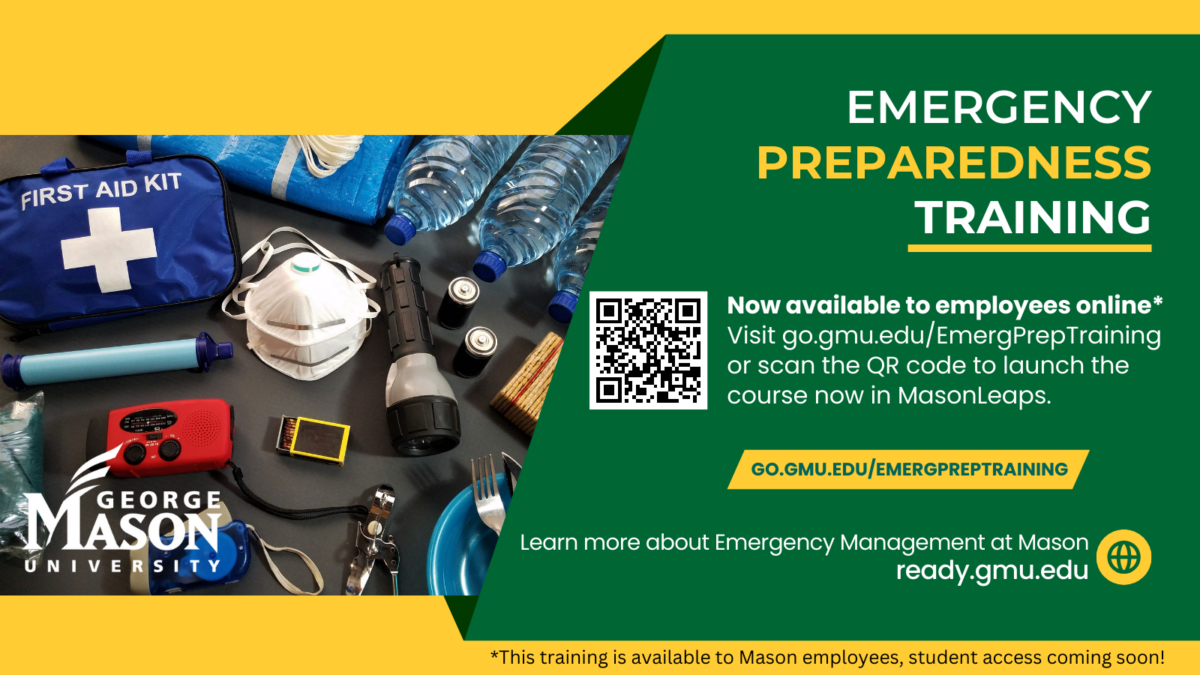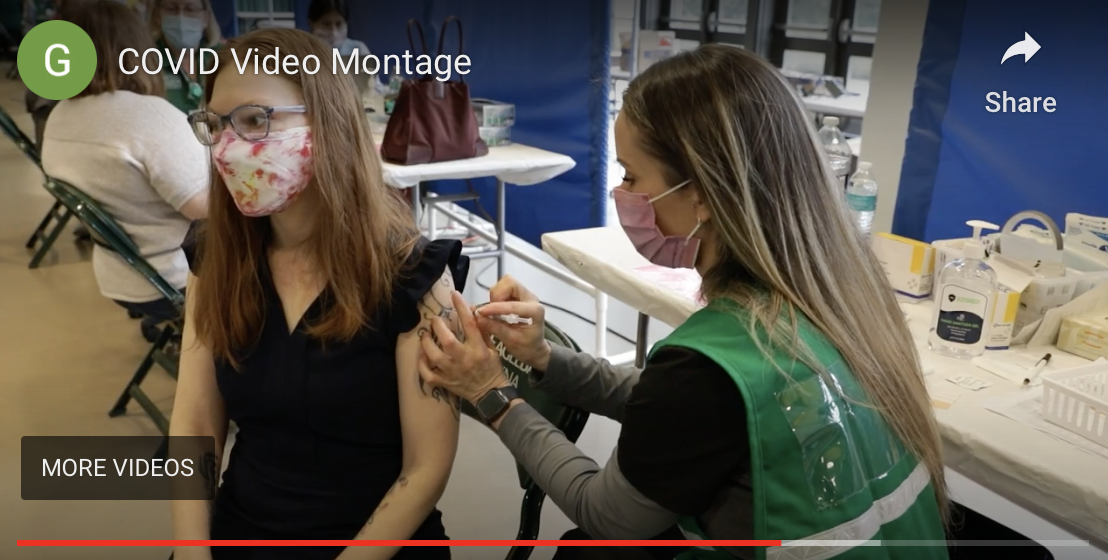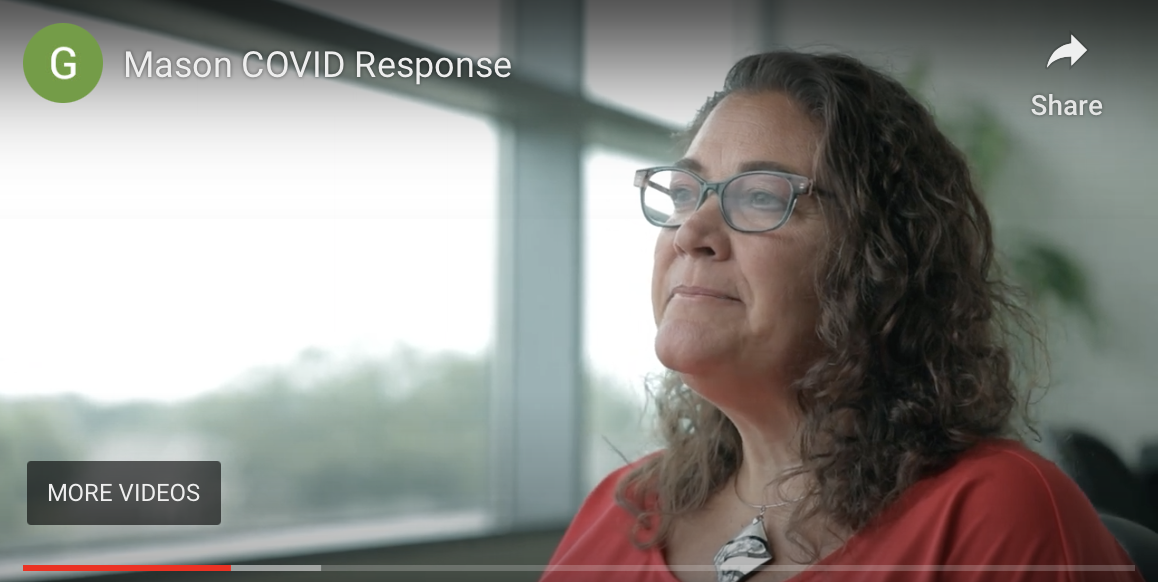As we fade out of summer and into fall, we’re providing important reminders to help keep the Mason Nation strong!
Follow the sound practices we’ve used in the past:
- Stay up to date, as eligible and recommended, on seasonal vaccines;
- Get a COVID or Flu test when you have symptoms;
- Isolate when you have a contagious illness; and
- Mask up when it makes sense.
Except for students seeking care at Student Health Services, Mason no longer has COVID-specific policies or procedures in place and instead we are relying on our community to follow guidance provided by both their own primary care provider (PCP) and local and federal public health.
Vaccines
Information and recommendations on the newest COVID-19 vaccine approved by the FDA will be available to the public shortly after the Centers for Disease Control and Prevention (CDC) Advisory Committee on Immunization Practices meeting being held today (September 12, 2023). COVID-19, Flu vaccines and Respiratory Syncytial Virus (RSV) vaccines (if recommended for you) are available through many pharmacies, urgent care facilities, and doctor’s offices.
Tests
Faculty/Staff
While COVID testing at Mason is no longer available to faculty and staff, tests are available through urgent care facilities, some doctor’s offices, and over-the-counter. It is prudent to determine if you have COVID when feeling symptoms in order to follow isolation and masking guidance geared towards limiting the spread, especially to high risk individuals.
Physicians and Urgent Care facilities can also test for Flu, RSV and other illnesses as symptoms indicate.
Students
Those being seen at Student Health Services may be tested for COVID or other respiratory illnesses, as medically indicated. Visit the Student Health Services COVID Services webpage for detailed guidance specific for Mason students.
Masks
Masks are still very effective at limiting the spread of respiratory illnesses. It is recommended to mask up when emerging from isolation, and prior to and when interacting in person with those that are at higher risk for severe illness and complications. As we learned during the pandemic, N-95 masks provide a greater level of protection than cloth and surgical masks.
Absences
Faculty/Staff
Those that need special accommodations or arrangements related to telework or leave should engage their supervisor and Human Resources when needed. Faculty should be flexible with students who are ill and not require medical excuse notes.
Students
Those that need special arrangements related to class attendance or assignments should contact their instructor(s).
Additional Resources
Here are some links that may help you navigate seasonal illnesses and their impacts:
- Mason Communicable Disease Guide
- CDC health guidance
- CDC guidance on isolation with COVID
- Mason Policy 2215: Family Medical Leave
- Mason Policy 2216: Work Schedules and Attendance for Classified Employees
Stay safe and strong Patriots!
Angela Chezem, MD, FAAFP
Medical Director, Employee Health & Well-being
Safety, Emergency, & Enterprise Risk Management
Nandini Koka, MD, FAAFP, FCUCM
Executive Director, Student Health Services
University Life

